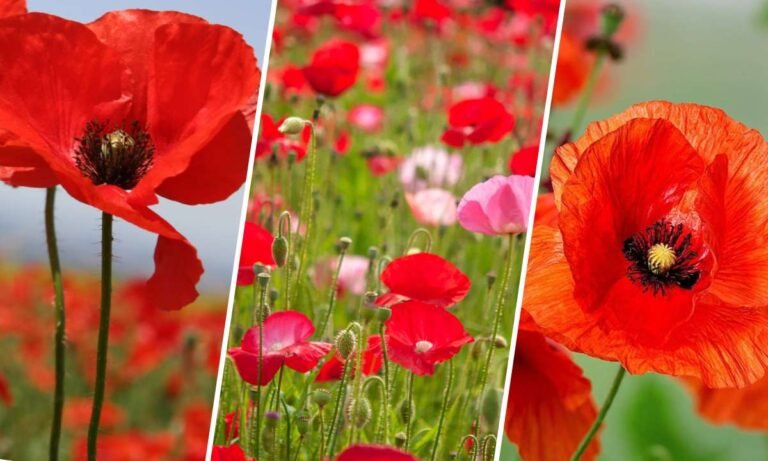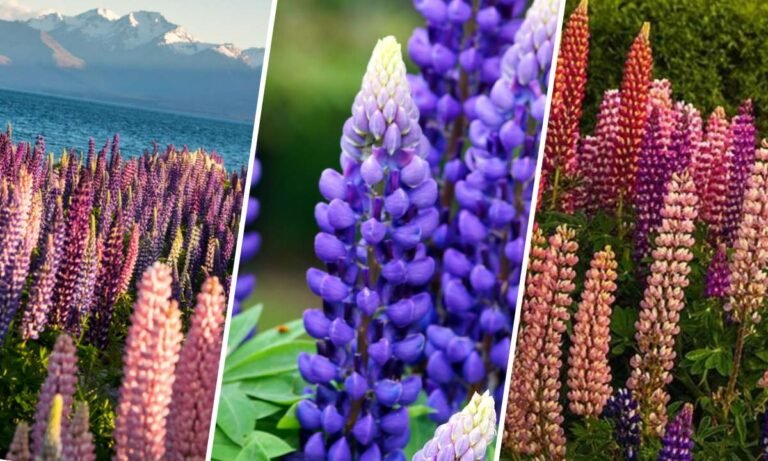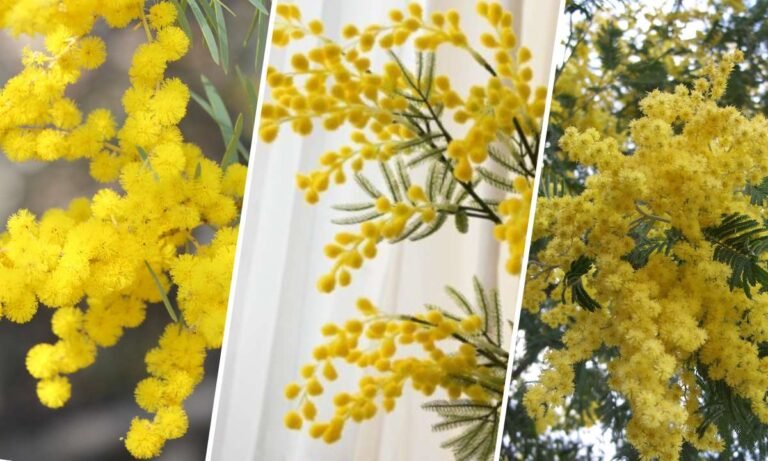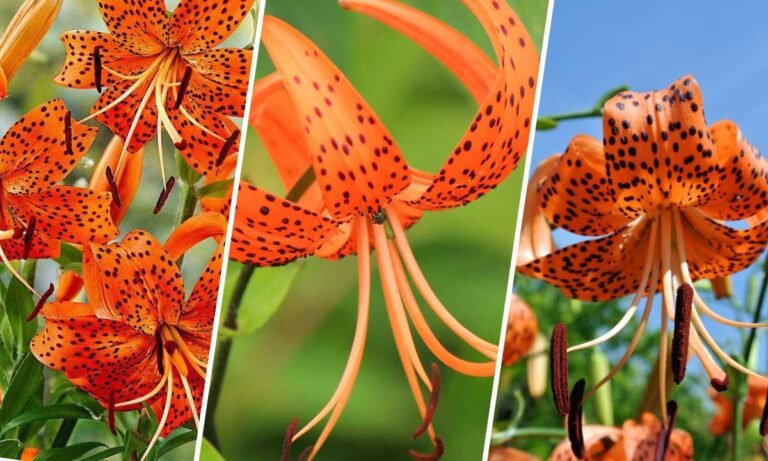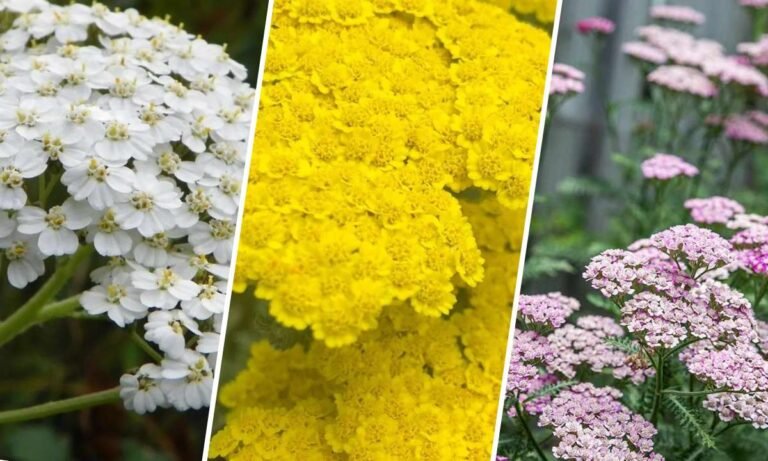The begonia flower has captivated people worldwide with its vibrant colors and wide range of types. It’s not just a favorite in gardens and homes; it also carries deep meanings and symbolism. In this article, we’ll explore the begonia flower’s meaning, origins, cultural significance, symbolism, and more.
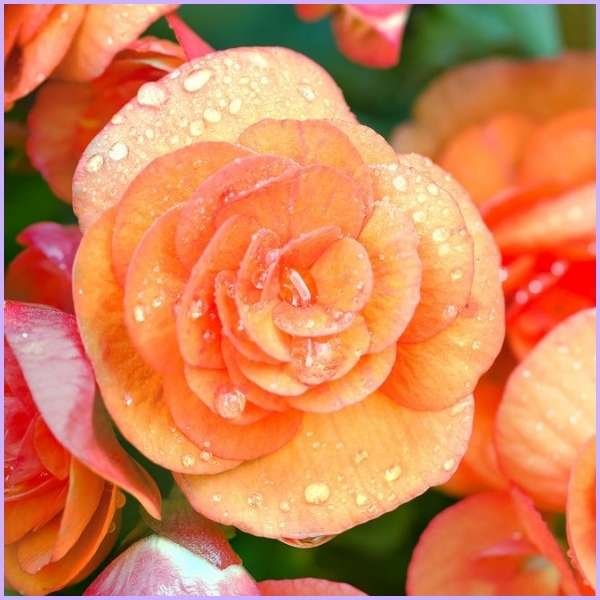
Origins and History of the Begonia Flower
The begonia belongs to a family of perennial flowering plants called Begoniaceae, with around 1,400 species. Named after Michel Bégon by French botanist Charles Plumier in 1690, these plants thrive in tropical and subtropical regions with high humidity and warmth.
Begonias were first discovered in Brazil’s humid forests and later found in Africa and Asia. Over time, they’ve been cultivated and hybridized, resulting in a variety of forms and colors, making them popular for their beauty and ease of care.
Symbolism of the Begonia Flower
The begonia flower holds rich symbolism across different cultures. It’s often associated with caution and consideration due to its delicate nature and the care it requires to thrive. Giving someone a begonia can symbolize advising them to be careful or take care of themselves.
Gratitude and Respect
Begonias also symbolize gratitude and respect. They’re often given as tokens of appreciation, expressing admiration and respect for others.
Individuality and Uniqueness
With their diverse colors, shapes, and sizes, begonias represent individuality and uniqueness. Each type of begonia has its own characteristics, symbolizing the beauty of diversity and the uniqueness of every individual.
Cultural Significance of Begonias
Western Cultures
In the West, begonias are popular in gardens and landscaping for their bright, attractive blooms. They’re seen as symbols of elegance and charm, commonly used in floral arrangements and decorations.
Eastern Cultures
In Eastern cultures, especially in China, begonias symbolize prosperity and good fortune. The vibrant colors of begonia flowers are believed to bring positive energy and joy, making them popular during festivals and celebrations.
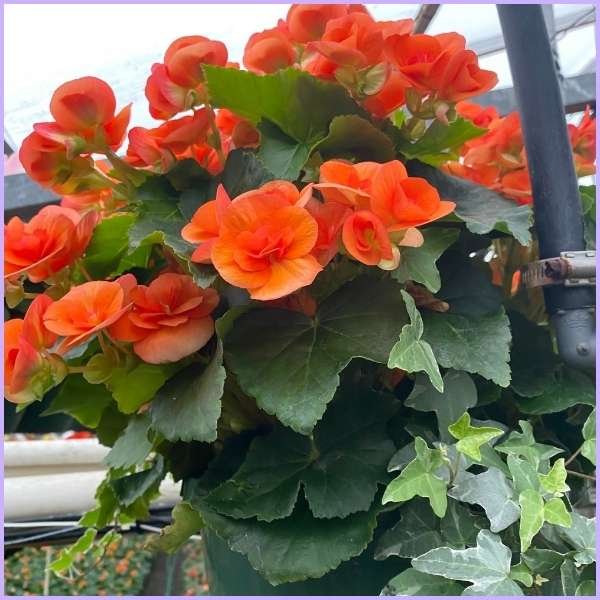
Varieties of Begonia
- Tuberous Begonias: Known for their large, showy flowers in colors like red, yellow, pink, and white, these thrive in shaded areas and are often grown in hanging baskets.
- Rhizomatous Begonias: These have thickened horizontal stems and unique foliage patterns, popular as houseplants for their variegated leaves.
- Fibrous-Rooted Begonias: Also known as wax begonias, these have small, waxy flowers and fibrous roots, blooming profusely throughout the growing season.
- Rex Begonias: Loved for their stunning foliage rather than flowers, with leaves in shades of green, red, pink, silver, and purple.
Caring for Begonia Flowers
- Light: Begonias prefer bright, indirect light to avoid leaf scorching or leggy growth. Indoors, place them near a window with filtered sunlight.
- Watering: Keep the soil moist but not waterlogged. Water when the top inch of soil feels dry to the touch to avoid root rot or wilting.
- Humidity: Begonias thrive in high humidity. Indoor growers can use humidity trays or misting to maintain moisture levels.
- Soil and Fertilization: Use well-draining soil rich in organic matter. Fertilize regularly during the growing season with a balanced, water-soluble fertilizer.
- Pruning and Deadheading: Regular pruning and removing spent flowers (deadheading) help maintain shape and encourage more blooms.
Begonias in Home Decor
Begonias aren’t just for gardens; they’re popular in home decor too. Their vibrant colors and attractive foliage make them ideal for indoor displays in decorative pots or hanging baskets, adding natural beauty to any room.
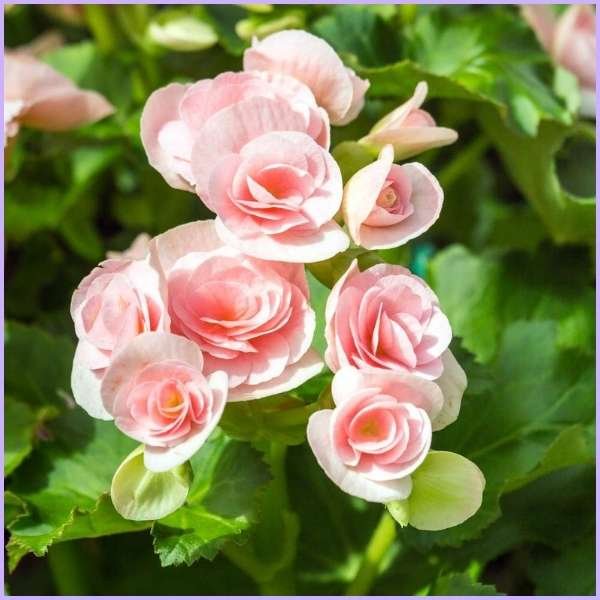
Conclusion
The begonia flower’s rich history, diverse varieties, and deep symbolism make it a beloved addition to gardens and homes worldwide. Whether you’re drawn to its vibrant blooms or its symbolic meanings, the begonia offers both beauty and significance. By understanding its meaning and how to care for it, you can enjoy the splendor of begonias for years to come.

